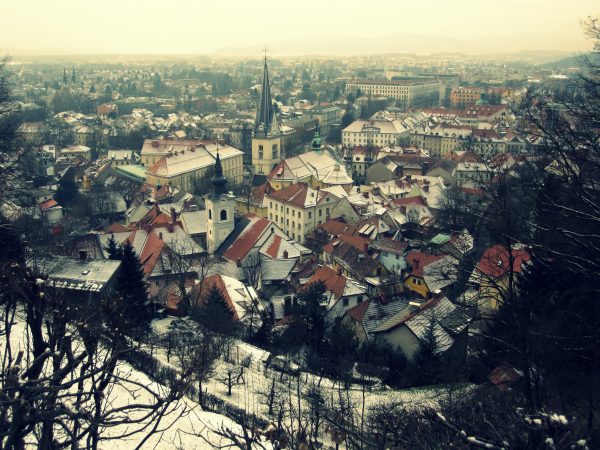** POST # 3000 **
Kundun (1997)
Director: Martin Scorsese
Even though this movie is honoured with a string of accolades, it does not ring a bell. There is a legitimate reason for this. Disney regrets financing this movie and considers it their greatest faux pas. They kept the film in cold storage and only had limited screenings in the US. Disney did not promote this movie commercially. It was at the time when Disney was trying to venture into mainland China with the plan to build a Disney theme park there.
After making a string of Mafia movies, Scorsese wanted to make one about something close to his heart - tackling the true story of the 14th Dalai Lama. After making the movie, Disney discussed their plans with CCP regarding Disney Park, and they were informed that China was infuriated about the film. In the Chinese eyes, Disney was interfering with China's internal affairs. Tibet was Chinese territory, and the Dalai Lama was a dissident who wanted the region to break away. Making a film sympathetic to his course, the Chinese thought was in bad taste.
Disney attempted damage control for fear of hurting the CCP and destroying the prospect of expanding into the Chinese market share. They produced and promoted the 1998 Mulan to showcase their genuine intention of valuing Chinese culture.
26 years after being stuck in the vaults, Kundun recently emerged on YouTube for all to view to their heart's content. Kundun is the affectionate name of the first Lama was referred to.
The film is a cinematographic galore of the supposed landscape termed Shangrila, the paradise on Earth. Surprise, surprise. The filming was done entirely in Morocco and a Buddhist monastery in New York.
The film starts in 1937 with the lamas going in search of the special child destined to be the next Dalai Lama. After elaborate tests, they determine their child. The child grows up in the monastery, learning text, chanting, and praying. He has no special powers; he is just a normal person put in an important position to make essential decisions.
As the boy matures into teenagehood and adulthood, he realises that significant responsibilities are placed on his shoulders. No divine revelations fall from the sky for him to decide. All he can do is think, discuss with others, get their opinions, pray, and make up his mind, hoping for the best outcome.
He realises that he is not infallible and has made some wrong calls.
It is the worst of times. It is 1949, and Mao Tse Dong and the Communist Party of China are walking into Tibet. The Dalai Lama is seen as a divine leader of the Tibetian people, but his brand of consultative diplomacy is not working to protect his people. Things become too heated up. The Dalai Lama's shoestring army advised him to abdicate to India and continue his work in Tibet another day. This film is more of a historical account of how the 14th Dalai Lama ended up in his current sojourn, Dharamsala, in Himachal Pradesh.
As the Dalai Lama reaches the Indian border after a treacherous journey, he is greeted by an Indian soldier, which essentially summarises who the Dalai Lama is all about.
"I think that I am a reflection, like the moon on water. When you see me, and I try to be a good man, you see yourself."

.jpeg)
.jpeg)












 For them, it is more than just a job. It defined them. When nobody wants to deal with the stench and the unpleasantness, they have to weigh in between bearing the odour and surviving the hunger pangs. That thought alone gives them strength to transport the cadavers all the way to the cemetery on a push-cart.
For them, it is more than just a job. It defined them. When nobody wants to deal with the stench and the unpleasantness, they have to weigh in between bearing the odour and surviving the hunger pangs. That thought alone gives them strength to transport the cadavers all the way to the cemetery on a push-cart.